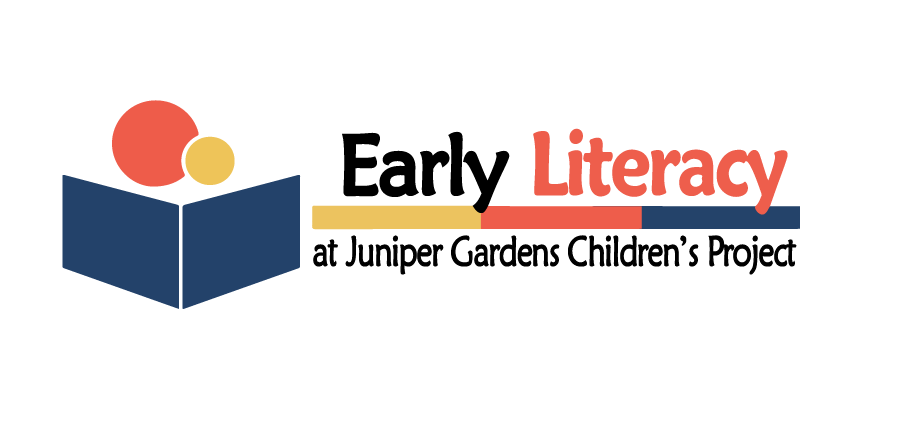Professional Development in Literacy 3D
Professional Development sessions are distributed throughout the year to provide the content and basis for coaching and classroom implementation. Group sessions are supported by PowerPoint presentations and handouts. Experience has shown the value of including lead teachers, along with assistants and volunteers working in the classroom with children so they can provide Literacy 3D supported instruction in place of, or in addition to, the lead teacher when she/he is engaged in administrative work. It is also good practice to include lead administrators and master teaching staff who have coaching and mentoring duties so they can support the initiative.
The PD sessions occur in coordination with each of the three annual coaching cycles at about two-month intervals when they can be scheduled to fit the teachers’ calendars. PD sessions in each cycle build on teachers’ prior literacy knowledge and refinement of the old and new strategies. The year-end workshop is a review of activities and findings. The six workshops include an enabling introduction (Session 1), followed by program content topics (Session 2 to 5), and ending with certificates of completion (Session 6).
The topics typically covered in each session include:
1. August/September
Overview of Project Goals, Activities and Timeline; Child and Classroom Measurement, Tune Up Checklists, Fidelity Checks; Oral Language; Benefits of Paraprofessional Participation in the project
3. October/November
Connection to Child Literacy Engagement; Comprehension; Language Experience Approach for Comprehension; Differentiating; Understanding the Data/Reports; Planning for Tune Up Checklist; Cycle 2
5. January/February
Intensity and Duration of Instruction; Interactive Writing; Phonological Awareness; Transition Password Game and Pocket Intervention Card; Cycle 3
2. October
Links to Oral Language and the Top 10 strategies; Self-Reflection and Upward Momentum; Understanding the Data/Reports; Planning for Tune Up Checklist; Cycle 1
4. December/January
Intensity and Duration of Literacy Instruction; Differentiation; Benefits of Small Group Instruction; Embedding Instruction in Centers; Word Bank Games and Language Experience Approach for Centers; Strategies that Work: Teacher Videos and Sharing, and Planning for Tune Up Checklist; Cycle 3
6. May/June
End-of-Year Data Share for the Literacy 3D groups; Individual Teacher/Classroom Data Review; Certificates of Completion
